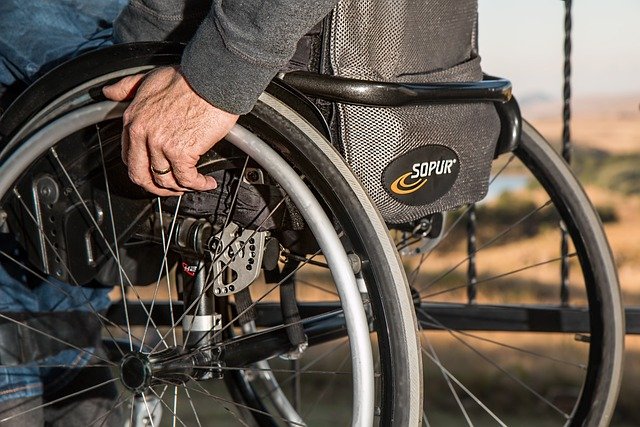The Emergence and Influence of Slow Living in Fast-Paced Societies
Our societies are increasingly becoming more fast-paced, yet a counter movement has emerged that is challenging this norm. Discover how the Slow Living movement is redefining productivity and contentment in the modern world. Read below to delve deeper into this fascinating societal shift.

The Origins of Slow Living
The Slow Living movement has its roots in the Slow Food movement, which emerged in Italy in the 1980s as a response to the proliferation of fast food chains. This gastronomic revolution, which promoted locally grown food and traditional cooking methods, soon spread to other areas of life, giving birth to the broader Slow Living philosophy.
Slow Living is a cultural shift towards slowing down life’s pace, savouring the moments, and making more conscious choices. It is a reaction to the frenzied speed of modern life and the relentless pursuit of efficiency, productivity, and material wealth.
The Adoption and Spread of Slow Living
Despite its origins in Europe, Slow Living has resonated with people worldwide. More individuals are seeking balance in their lives, resisting the pressure to constantly do more, achieve more, and consume more. They are embracing mindfulness, simplicity, and sustainability as alternatives to the harried, stressful lifestyle that has become the norm in many societies.
The Implications of Slow Living
Slow Living is more than just a lifestyle choice—it’s a cultural shift with profound implications for our societies. It challenges the prevailing notion that busyness equates to success and happiness. Instead, it proposes that a slower, more deliberate way of living can lead to greater satisfaction and well-being.
The Slow Living movement is also closely tied to environmental sustainability. By encouraging mindful consumption, it counters the rampant consumerism that has contributed to environmental degradation and climate change.
The Influence of Slow Living on Modern Society
The influence of Slow Living can be seen in various aspects of modern society. In the corporate world, for instance, businesses are beginning to recognize the value of employee well-being and work-life balance. There’s a growing trend towards flexible working arrangements, shorter work weeks, and wellness programs.
In our personal lives, Slow Living is manifesting in the form of simpler, more minimalist lifestyles. People are decluttering their homes, reducing their digital consumption, and spending more time engaging in slow, meaningful activities like gardening, cooking, and crafting.
The Future of Slow Living
While it’s unlikely that Slow Living will completely replace the fast-paced norms of modern society, it is certainly shaping our cultural landscape in significant ways. As we continue to grapple with the challenges of the 21st century—be it technological disruption, environmental crises, or mental health issues—the principles of Slow Living offer a compelling alternative for those seeking a more balanced, sustainable, and fulfilling life.




